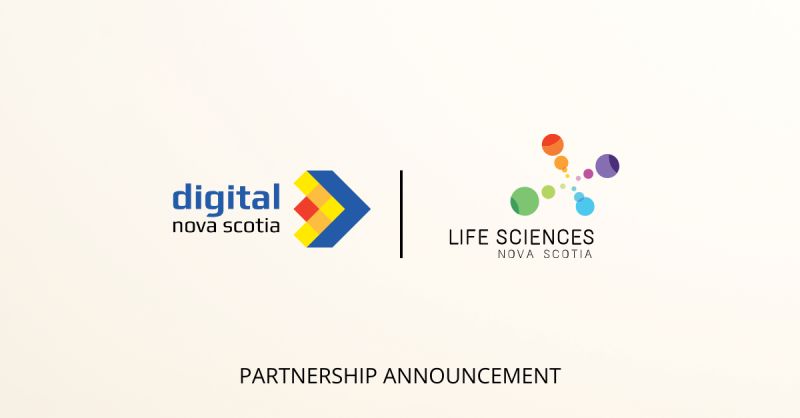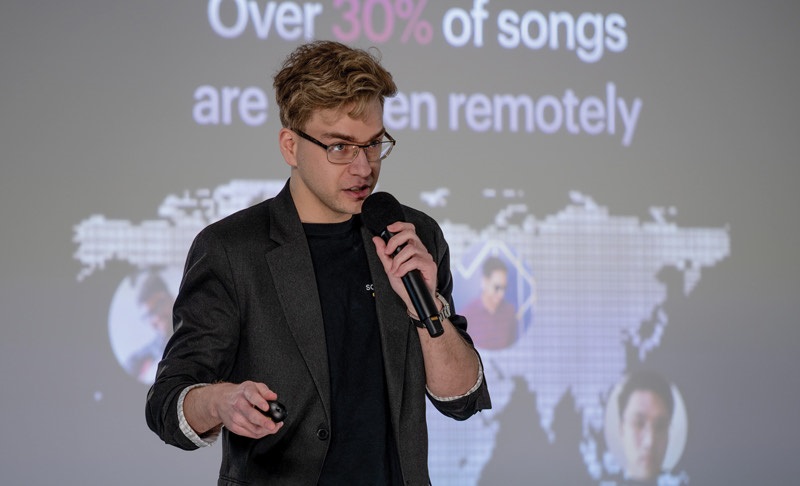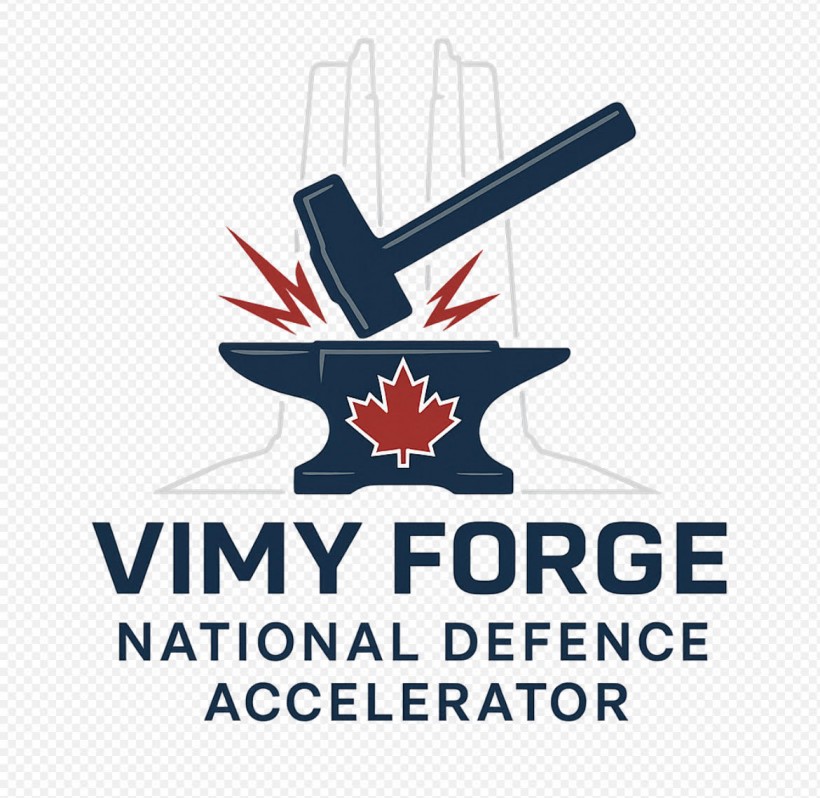With a new CEO in place, DeNovaMed Inc. believes it is enticingly close to identifying the single molecule it needs to proceed down the path to commercialization.
The Halifax biotech company drew local attention last year when it won Innovacorp’s I-3 competition on the strength of its development of new compounds that could treat infections caused by drug-resistant bacteria, or superbugs. The team has since worked on developing its drug while looking for a CEO, which it recently found in London, Ont., biotech exec Kevin Sullivan.
“We need to pick a lead molecule that we’re going to elevate and take it into preclinical trials,” said Sullivan in an interview, adding that the team feels it may be close to finding that molecule. “It could be a month, or it could be a long time.”
DeNovaMed grew out of research at the cheminformatics and drug discovery laboratory at the IWK Health Centre in Halifax, which used computer-aided drug design to come up with compounds. The aim was to fight superbugs, which are basically bacteria that are resistant to normal antibiotics. The DeNovaMed team has discovered 700 compounds and has been conducting experiments with them to enhance their performance and find a compound that could be used on a commercial basis to kill superbugs.
Like several other biotech companies in the region, one of the company’s greatest challenges has been to find a business development specialist who can take the research through regulatory trials to the market. It recently settled on Sullivan, who had spent 10 years (including four as COO) with London-based Viron Therapeutics Inc., which was developing a cardiovascular drug. The company raised more than $35 million in equity and non-dilutive capital and took its lead product through Phase 2 trials.
Sullivan said DeNovaMed’s six-member team has been working on finding the best compound based on three criteria.
First, the developers must establish efficacy, which is to say the compound is effective in killing a superbug. Sullivan said that the development team has increased the potency of the compound 100 fold in the past year and they want to double or triple the potency in the near future.
Second, they have to solve the problem of the compounds binding to something called albumin, a protein found in the bloodstream. If the compound binds too well with albumin, the drug won’t work. The developers have worked on this problem for six to eight months and achieved a breakthrough in the last month that they believe will solve it.
Finally, they have to meet the proper standards of pharmacokinetics, meaning the drug will stay in the patient’s system for a sufficient time. The team now has a compound that will stay around for six to eight hours, which is sufficient.
DeNovaMed has so far attracted $500,000 in seed funding from Innovacorp, and Sullivan said it has enough money to see it through at least until mid-2014. His priority in the next few months will be to build up ties to both major pharma companies and large venture capital firms, as he will need positive feedback from the first in order to entice the second.
Sullivan believes the company will need about $8 million to $12 million to take the drug through Phase 2 trials, though it could seek interim funding of $1 million to $1.5 million before it seeks the larger round.
“Everything depends on picking that lead compound,” he said. “Once you pick that lead, the path is actually quite straight forward. We feel like we’re tantalizingly close.”









